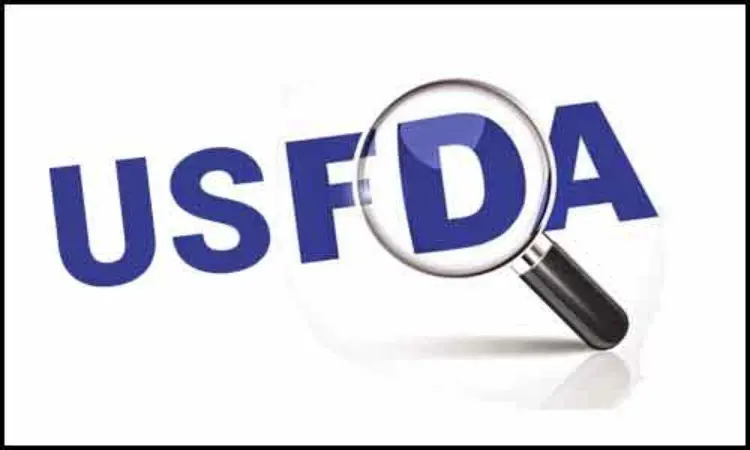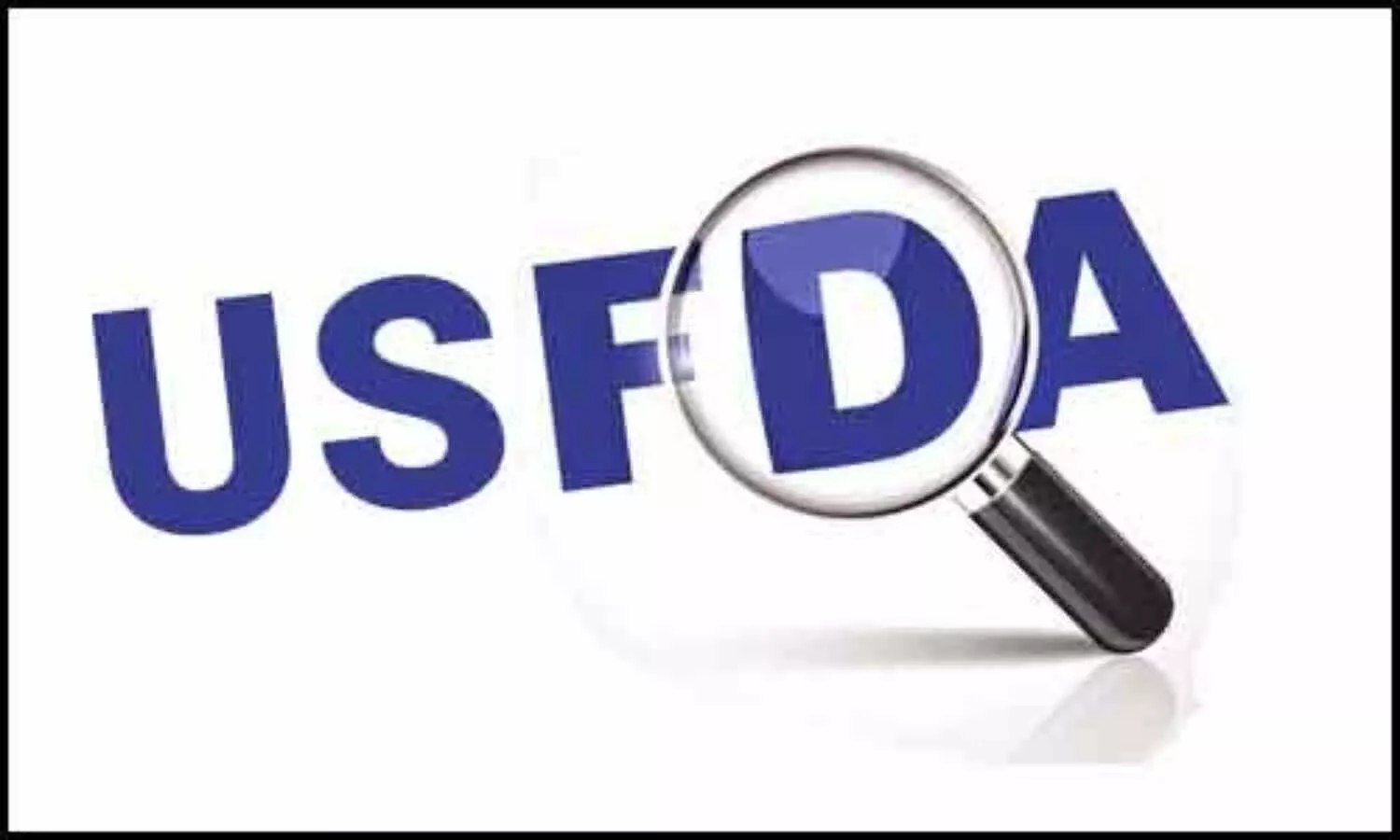- Home
- Medical news & Guidelines
- Anesthesiology
- Cardiology and CTVS
- Critical Care
- Dentistry
- Dermatology
- Diabetes and Endocrinology
- ENT
- Gastroenterology
- Medicine
- Nephrology
- Neurology
- Obstretics-Gynaecology
- Oncology
- Ophthalmology
- Orthopaedics
- Pediatrics-Neonatology
- Psychiatry
- Pulmonology
- Radiology
- Surgery
- Urology
- Laboratory Medicine
- Diet
- Nursing
- Paramedical
- Physiotherapy
- Health news
- Fact Check
- Bone Health Fact Check
- Brain Health Fact Check
- Cancer Related Fact Check
- Child Care Fact Check
- Dental and oral health fact check
- Diabetes and metabolic health fact check
- Diet and Nutrition Fact Check
- Eye and ENT Care Fact Check
- Fitness fact check
- Gut health fact check
- Heart health fact check
- Kidney health fact check
- Medical education fact check
- Men's health fact check
- Respiratory fact check
- Skin and hair care fact check
- Vaccine and Immunization fact check
- Women's health fact check
- AYUSH
- State News
- Andaman and Nicobar Islands
- Andhra Pradesh
- Arunachal Pradesh
- Assam
- Bihar
- Chandigarh
- Chattisgarh
- Dadra and Nagar Haveli
- Daman and Diu
- Delhi
- Goa
- Gujarat
- Haryana
- Himachal Pradesh
- Jammu & Kashmir
- Jharkhand
- Karnataka
- Kerala
- Ladakh
- Lakshadweep
- Madhya Pradesh
- Maharashtra
- Manipur
- Meghalaya
- Mizoram
- Nagaland
- Odisha
- Puducherry
- Punjab
- Rajasthan
- Sikkim
- Tamil Nadu
- Telangana
- Tripura
- Uttar Pradesh
- Uttrakhand
- West Bengal
- Medical Education
- Industry
USFDA proposes ban of Oral Phenylephrine as OTC for nasal congestion

New Delhi: Following an agency review of the available data that found oral phenylephrine is ineffective for treating nasal congestion, the U.S. Food and Drug Administration has proposed to discontinue the use of oral phenylephrine as an active ingredient in over-the-counter (OTC) monograph drug products for temporary relief of nasal congestion.
Many over-the-counter flu and cold medications contain phenylephrine, which is used for short-term relief of symptoms of sinusitis, bronchitis, and stuffy noses caused by the flu, the common cold, allergies, and other respiratory conditions.
However, the drug regulator stated that for now, companies may continue to market OTC monograph drug products containing oral phenylephrine as a nasal decongestant. This is a proposed order. Only a final order will affect what products can be marketed. The proposed order is based on effectiveness concerns, not on safety concerns.
Currently, oral phenylephrine is widely used as a nasal decongestant active ingredient in many OTC monograph drug products. It is important to note that some products only contain oral phenylephrine as a single, active ingredient. Others contain oral phenylephrine and another active ingredient (e.g., acetaminophen or dextromethorphan), and the presence of oral phenylephrine in these medicines does not affect how other active ingredients work to treat the symptoms for which they are intended.
“It is the FDA’s role to ensure that drugs are safe and effective,” said Patrizia Cavazzoni, M.D., director of the FDA’s Center for Drug Evaluation and Research (CDER).“Based on our review of available data and consistent with the advice of the advisory committee, we are taking this next step in the process to propose removing oral phenylephrine because it is not effective as a nasal decongestant.”
The agency conducted a comprehensive review of all available data on the safety and efficacy of oral phenylephrine, including the historical data that were used to support the determination made 30 years ago that oral phenylephrine was effective as a nasal decongestant, as well as newer clinical data on oral phenylephrine that have since become available.
Last fall, the FDA also held a Nonprescription Drug Advisory Committee meeting to discuss the ‘Generally Recognized as Safe and Effective’ (GRASE) status of oral phenylephrine as a nasal decongestant.
The committee discussed new data on the effectiveness of orally administered phenylephrine and unanimously concluded that the current scientific data do not support the recommended dosage in the OTC cold, cough, allergy, bronchodilator, and antiasthmatic drug products monograph for orally administered phenylephrine’s effectiveness as a nasal decongestant.
“Consumers should know that a range of safe and effective drugs and other treatments is available to temporarily relieve congestion symptoms due to allergies or a common cold,” said Theresa Michele, M.D., director of the Office of Nonprescription Drug Products in CDER. “Consumers can also talk to their doctor or pharmacist about ways to treat these symptoms.”
Because a variety of different drug products may be sold under the same brand name, consumers should always read the Drug Facts label to determine which ingredients are in a medication and to be aware of important warnings and directions for use. Phenylephrine is also an ingredient in nasal sprays to treat congestion. The FDA’s action is only related to orally administered phenylephrine and not the nasal spray form.
In addition, the FDA has sought public comments on this proposed order. Instructions on how to submit comments are found in the proposed order available on OTC Monographs@FDA.
If, after considering the comments, the FDA concludes oral phenylephrine is not effective as a nasal decongestant, the FDA will issue a final order removing oral phenylephrine from the OTC monograph, and drug products thereafter could no longer contain oral phenylephrine as a nasal decongestant.
However, the FDA added that it would provide manufacturers with appropriate time to either reformulate drugs containing oral phenylephrine or remove such drugs from the market.
Mpharm (Pharmacology)
Susmita Roy, B pharm, M pharm Pharmacology, graduated from Gurunanak Institute of Pharmaceutical Science and Technology with a bachelor's degree in Pharmacy. She is currently working as an assistant professor at Haldia Institute of Pharmacy in West Bengal. She has been part of Medical Dialogues since March 2021.
Dr Kamal Kant Kohli-MBBS, DTCD- a chest specialist with more than 30 years of practice and a flair for writing clinical articles, Dr Kamal Kant Kohli joined Medical Dialogues as a Chief Editor of Medical News. Besides writing articles, as an editor, he proofreads and verifies all the medical content published on Medical Dialogues including those coming from journals, studies,medical conferences,guidelines etc. Email: drkohli@medicaldialogues.in. Contact no. 011-43720751


